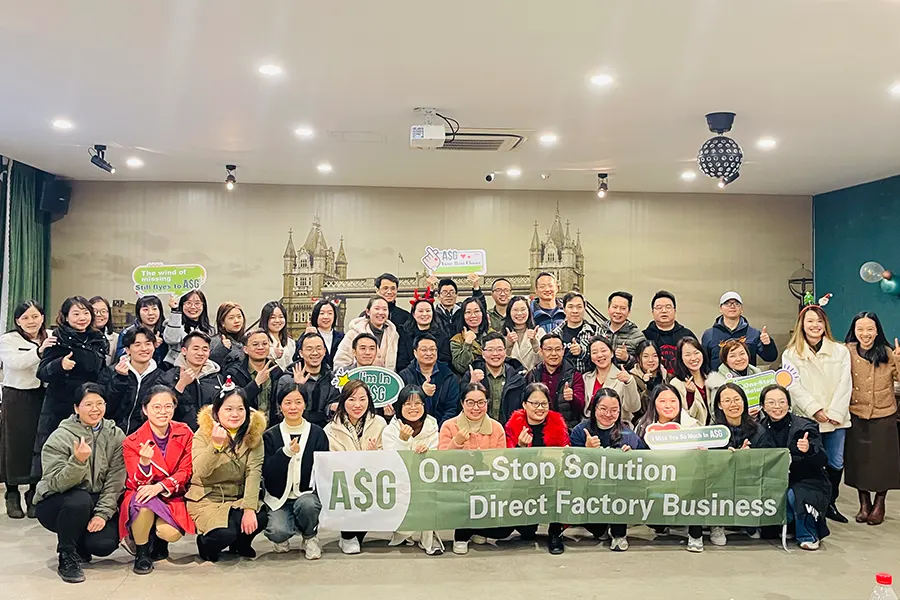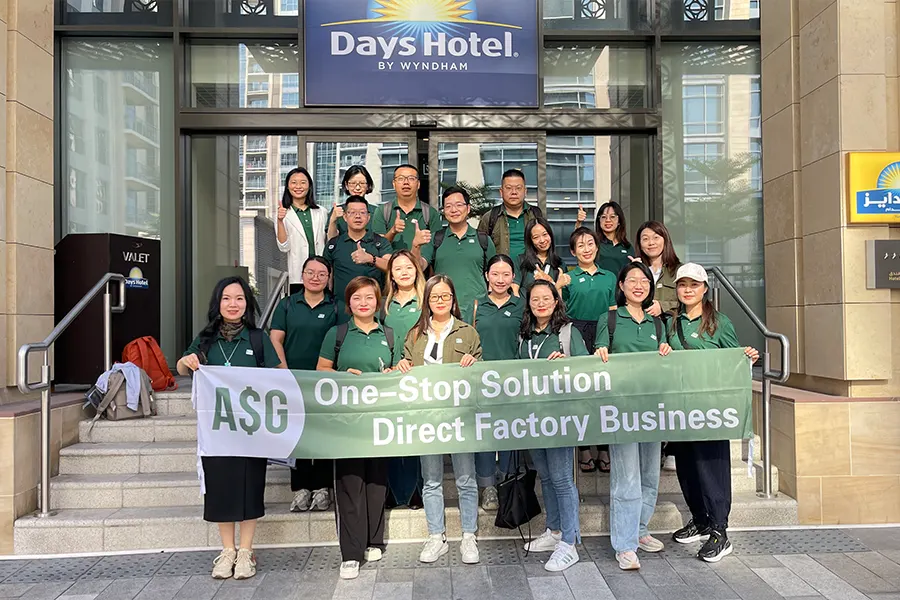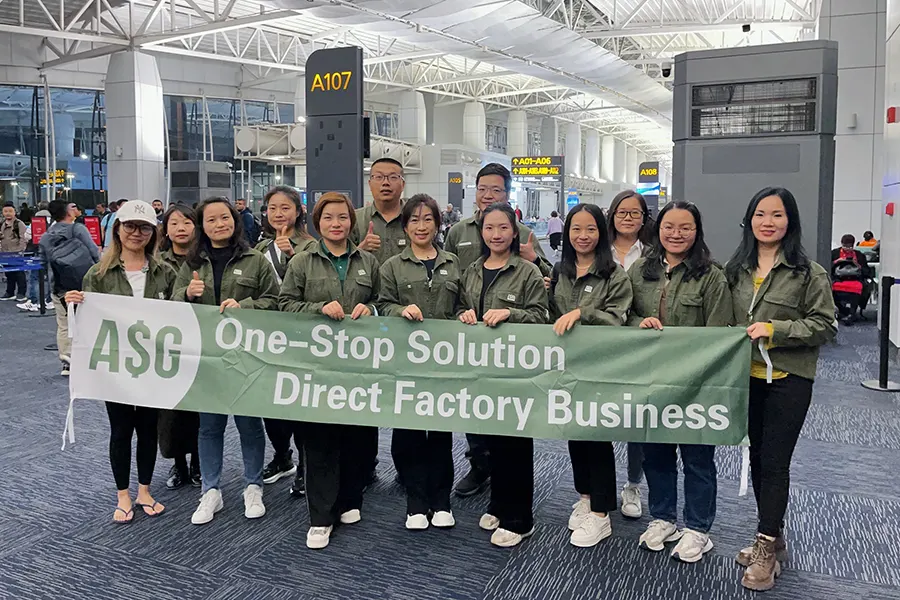What is product sourcing?
Imagine you have this amazing idea for a store filled with unique products. But where do you find all that cool stuff? Product sourcing is your treasure hunt for the perfect suppliers! You’re basically a detective, searching for reliable companies that can provide the products you need, at the right price and quality.
Product sourcing is like the foundation of your offline or online store. Finding reliable suppliers who offer high-quality products at competitive prices keeps your customers coming back for more.
Benefits of successful product sourcing strategies
Successful product sourcing strategies provide numerous benefits for businesses, including:
1. Cost savings and improved profit margins by leveraging global supply markets and negotiating favorable terms.
2. Access to a broader range of innovative products, materials, and components to diversify offerings.
3. Improved product quality and consistency through rigorous supplier vetting and quality control measures.
4. Faster time-to-market for new products by streamlining procurement processes.
5. Increased agility and responsiveness to fluctuating market demands and consumer preferences.
6. Reduced risks associated with supply chain disruptions by diversifying supplier bases.
Where can you source products for your business?
Domestic vs. international sourcing
Domestic Sourcing: The Close-to-Home Choice
- Pros:
- Faster delivery times – No waiting for products to travel across oceans!
- Easier communication – No language barriers to overcome.
- Simpler logistics – Less paperwork and fewer headaches with customs.
- Cons:
- Potentially higher costs – Local labor and overhead can make products pricier.
- Limited selection – You might not find as wide a variety of products compared to the global market.
International Sourcing: Going Global for Savings
- Pros:
- Lower costs – Manufacturing hubs like China or Southeast Asia can offer significant cost savings.
- Wider selection – Access a massive pool of products and materials from around the world.
- Cons:
- Language barriers – Communication can be tricky if you don’t speak the supplier’s language.
- Cultural differences – Business practices and expectations might vary across cultures.
- Complex logistics – Dealing with shipping, customs, and potential regulatory hurdles.
So, which one is right for you?
It depends on your priorities! If speed and convenience are key, domestic sourcing might be the way to go. But if you’re looking for the best deals and a wider selection, international sourcing could be a good option.
Sourcing directly from manufacturers
1. Finding and vetting suppliers
Instead of buying from a company that buys from another company (the middleman), you’re going straight to the folks who actually make the product. This can mean:
- Lower Prices: You’re not paying extra for someone else’s markup.
- More Control: You can get the product made exactly how you want it, from materials to design.
So, how do you find these manufacturers?
Hit the Trade Shows: These events are like giant marketplaces where manufacturers show off their wares. Think of it as window shopping for factories!
Search Online Directories: Websites like Alibaba and GlobalSources are like online phone books for manufacturers around the world.
Use Industry Resources: Trade associations and publications might have directories or recommendations for reliable manufacturers.
But before you jump in, do your homework!
Here’s how to make sure you’re working with a good manufacturer:
- Ask Around: See if other businesses have used them and what their experience was like.
- Check Their Credentials: Make sure they have the certifications and quality control processes in place to make good stuff.
- See it for Yourself: Request samples of their products to ensure they meet your standards.
- Look into their Finances: Make sure they’re a stable company that can keep up with your orders.
2. Negotiating prices and terms
When you work directly with them, there’s a little back-and-forth called negotiation. It’s like a friendly dance where you both agree on the best terms. Here’s what you need to be ready for:
- Price Talk: This is the big one! You want the best price, and the manufacturer wants to make a profit. Be prepared to discuss pricing and see if there’s any wiggle room.
- Payment Party: How you pay and when can be important. Discuss things like payment terms (when the money changes hands) and see if you can find a system that works for both of you.
- Minimum Order Mystery: Sometimes manufacturers require a minimum order quantity (MOQ) – the lowest number of products you have to buy at once. Be aware of this and make sure it fits your needs.
- The Waiting Game: Lead times are how long it takes to get your products made. Talk about this upfront to avoid any surprises.
- Contract Clarity: Make sure the agreement is clear on everything – who’s responsible for what, what happens if there’s a problem, and all that legal stuff.
Using sourcing agents or companies
1. Benefits of working with sourcing experts
For businesses without extensive sourcing expertise or resources, partnering with a professional sourcing agent or company can be a valuable solution. These specialized firms offer a range of services to streamline and optimize the sourcing process, including:
– Leveraging extensive supplier networks and industry connections
– Conducting comprehensive supplier vetting and audits
– Negotiating pricing, terms, and contractual agreements
– Coordinating quality control inspections and testing
– Managing logistics, shipping, and customs clearance
By working with sourcing experts, businesses can save time, reduce risks, and potentially access better pricing and a wider range of vetted suppliers than they could on their own.
2. Selecting the right sourcing partner
To ensure a smooth sourcing process, make sure to evaluate potential agents based on these key factors:
– Industry experience and specialized expertise
– Range of services offered (sourcing, QC, logistics, etc.)
– Reputation and references from past clients
– Communication skills and transparency
– Pricing structure (commission-based, flat fees, etc.)
– Ethical business practices and social responsibility standards
Leveraging online marketplaces and directories
1. Popular platforms like Alibaba, GlobalSources, etc.
Websites like Alibaba, GlobalSources, and Thomasnet are like giant online marketplaces for businesses. Here, you can connect with thousands of suppliers from all over the world, browse their products, ask for quotes on what you need, and start chatting with them to see if they’re a good fit for your business.
2. Tips for evaluating suppliers on these platforms
Remember to exercise caution and conduct thorough due diligence when evaluating suppliers on these platforms. Here are some tips:
– Check seller ratings, reviews, and response rates
– Verify certifications, licenses, and credentials
– Request product samples or inspection reports
– Evaluate the supplier’s website, company information, and legitimacy
– Compare quotes and terms from multiple suppliers
– Be wary of unrealistically low prices or too-good-to-be-true offers
What type of products can a sourcing company like ASG find?
Reputable sourcing companies like Asian Sourcing Group (ASG) typically have extensive networks and capabilities to source a wide range of products from various industries. Some examples include:
– Consumer electronics (smartphones, tablets, home appliances)
– Clothing, textiles, and accessories (apparel, fabrics, footwear)
– Industrial equipment and machinery (tools, parts, components)
– Building materials and construction supplies
– Home and outdoor furniture
– Toys, games, and sporting goods
– Health and beauty products
– Automotive parts and accessories
– And many more product categories across different sectors
How does product sourcing work when working with a sourcing company?
When businesses partner with a sourcing company like ASG to source new products from China, the process typically involves the following steps:
1. Initial consultation:
The sourcing company will conduct a detailed consultation to understand your product requirements, target markets, quality standards, desired pricing, and any other specific needs or preferences.
2. Supplier identification and vetting:
Based on your criteria, the sourcing company will tap into its extensive supplier networks and industry connections to identify potential manufacturers or suppliers. They will conduct rigorous due diligence, evaluating factors such as production capabilities, quality control processes, certifications, pricing, and lead times.
3. Supplier negotiations:
Once potential suppliers are shortlisted, the sourcing company will leverage its expertise and bargaining power to negotiate pricing, terms, and contractual agreements on your behalf, aiming to secure favorable deals aligned with your objectives.
4. Quality control and inspections:
The sourcing company will coordinate with third-party inspection agencies or employ its own quality control teams to conduct rigorous product inspections and testing, ensuring compliance with your specifications, industry standards, and regulatory requirements.
5. Logistics and shipping:
With extensive experience in international trade, the sourcing company will handle all logistics and shipping arrangements, coordinating with freight forwarders, customs brokers, and other parties to ensure timely and efficient delivery of your products.
6. Ongoing support and communication:
Throughout the sourcing process, the company will provide regular updates, address any issues or concerns promptly, and offer guidance and support as needed, acting as a dedicated partner in your product sourcing endeavors.
Businesses can streamline the entire sourcing process, mitigate risks, and tap into their partner’s expertise and industry connections to access a broader range of high-quality products and suppliers.
Final thoughts
Effective product sourcing has become a critical strategic function for companies across various industries.
By working with the right people and strategies, you can:
- Slash Costs: Get the best deals and squeeze more profit out of your business.
- Offer More Variety: Keep your customers happy with a wider range of cool products.
- Maintain Top Quality: Ensure your products are always top-notch, building trust with your customers.
- Stay Ahead of the Curve: Adapt to changing trends quickly and keep your business thriving.
No matter if you source locally or globally, directly or through agents, for your Amazon FBA needs or any other ecommerce stores, remember to choose your partners wisely and build strong relationships. It’s all about working together to achieve success!





-300x198.png)